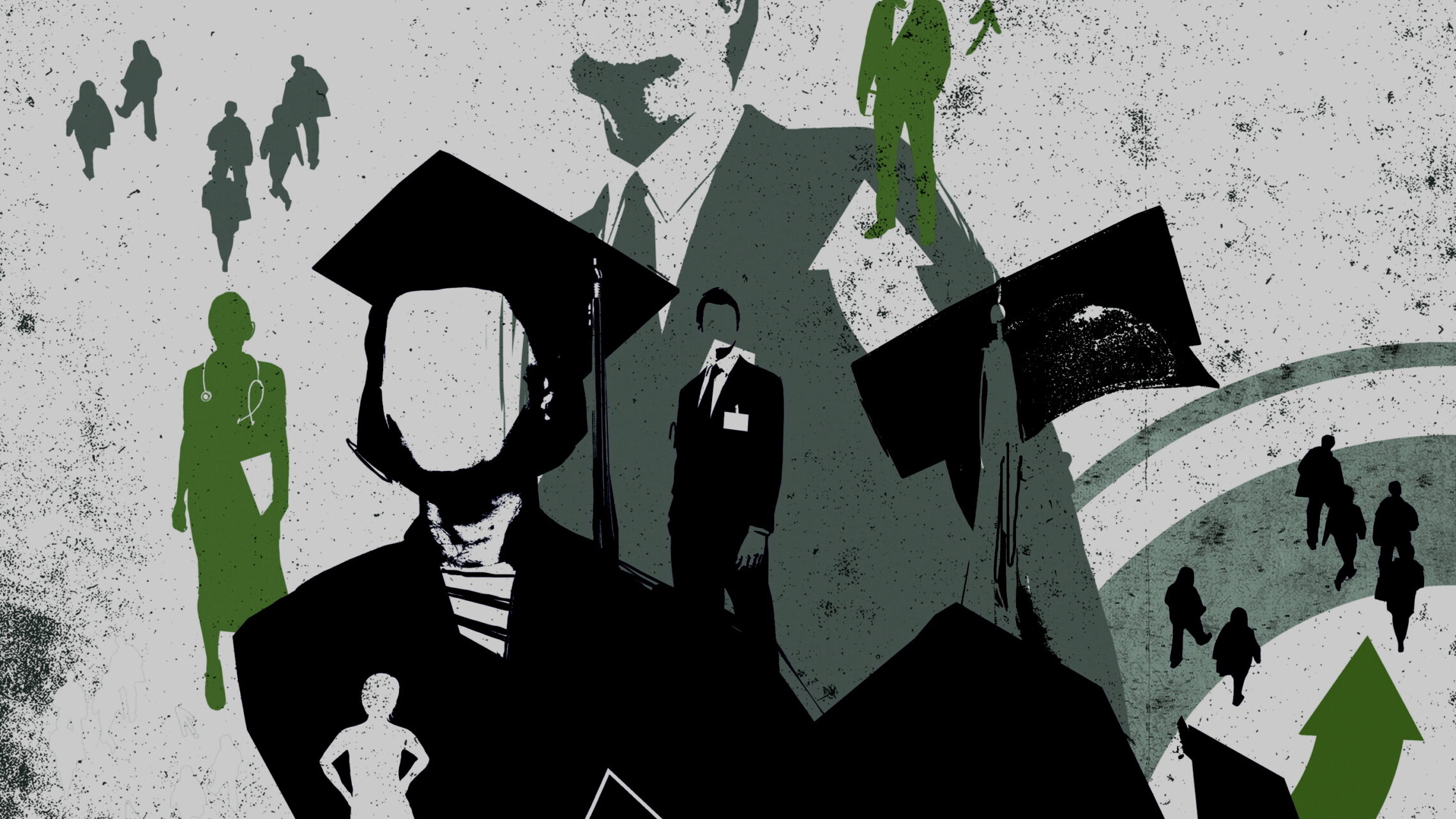As someone who has spent their entire career in education, it was an enormous privilege to be appointed as the Office for Students’ director for fair access and participation.
I know, that across that whole spectrum, from key workers in nurseries encouraging early speech and language all the way across students’ learning journeys to the university lecturer leading a seminar of philology and semantics, that we are all united by an absolute belief that every part of our education system should create and foster equality of opportunity, and offer and enhance real and enduring social mobility.
Yet, for all that, we know it does not happen as often as we want, is not as sustained as it should be, is not as successful as we need it to be.
Challenges and gaps
Just 27 per cent of students who are Free School Meal eligible go on to university, compared to 46 per cent of their better-off peers. For those students who beat the odds to get into higher education, the challenge is only just beginning.
We know that disadvantaged students are more likely to drop-out. They are less likely to come away from their studies with a first or 2:1. And they are less likely to find graduate level employment which – for many – was the most important factor in starting a course in the first place. These profound gaps in access and participation should trouble us all.
This week, I will start to set out how I believe that OfS should tackle these issues. I know some will see in my asks to the sector a new set of demand and accompanying additional workload. I won’t claim it won’t take any extra labour, but a huge amount of work has already been done, thanks to many universities’ and colleges’ absolute commitment to fair access and participation, and to my predecessor Chris Millward’s efforts to set ambitious and stretching targets for the sector.
But we must now grasp the opportunity to make quicker progress, and to ensure the work that universities and colleges do has the most impact.
Three key aspirations
In speeches at our own event on access and participation and to Impetus, I set out three key aspirations for my time as director for fair access and participation.
The first is unapologetically nerdy – evaluate, evaluate, evaluate. Everyone I have spoken to about this agrees, that for 20 years or more of widening participation work, we have nowhere near 20 years’ worth of evidence about what works.
TASO is making some strong progress but for evidence and evaluation to become the cornerstone of access and participation, we need to do more.
That means accepting that some interventions will fail, but so long as we are learning from those failures, then some good has still arisen – we are keen to explore the “sandbox” of regulation to give providers committed to generating robust evidence the space to do so. But we expect the projects committed to in access and participation plans to be evaluated, for those evaluations to be independent, and for them to be published – just as the impact reports for many of the charities doing such good work in the sector are.
My second aspiration is that our access and participation work will align with, and be seen as a crucial part of, OfS’s quality and standards work. Real and enduring social mobility via higher education requires qualifications which are valued by students, employers, and society.
Those who doubt this should look at how universities and colleges market themselves – the employment prospects students can expect after graduating are often front and centre. It is not enough that learners from underrepresented groups can get into college and university – access is about successful higher education, not just any higher education and I am clear that there can be no trade off between access and quality.
Third, I want to see more, and more impactful school-university partnership activity. The attainment gap opens early in life, so attempts to close it have to start then too. We will be expecting universities and colleges to seek out strategic, enduring, mutually-beneficial partnerships with schools and with the third sector, all working together to contribute to this work.
Many universities and colleges are already doing important work in this area. Now is the time for every provider to take responsibility, to show civic leadership, and to help drive the fundamental changes to attainment necessary to ensure that nobody with the potential to benefit from higher education is let down by a system which should be on their side.













But why is the Office for Students allowing the Uni’s to bring in an era of mostly online lectures for most students? What is the point of pushing hard to ensure diversity of access to University, and then when they rock up at their Uni , they are just given an internet access keycode to enable them to watch lectures alone in their bedrooms at all sorts of hours rather than a structured in-person timetable that will be ultimately be more beneficial to their well being and educational outcomes.
ummm…. because of the pandemic – have you heard of it?
Oh please, that’s a petulant and unhelpful answer, come on now… Current research indicates that online/blended learning has less benefit for students from disadvantaged backgrounds [think about sense of identity/belonging, student networks and social capital – but I guess coming from Durham your students are already oozing all that, esp. if the latest data on your access from state schools is anything to go by]…